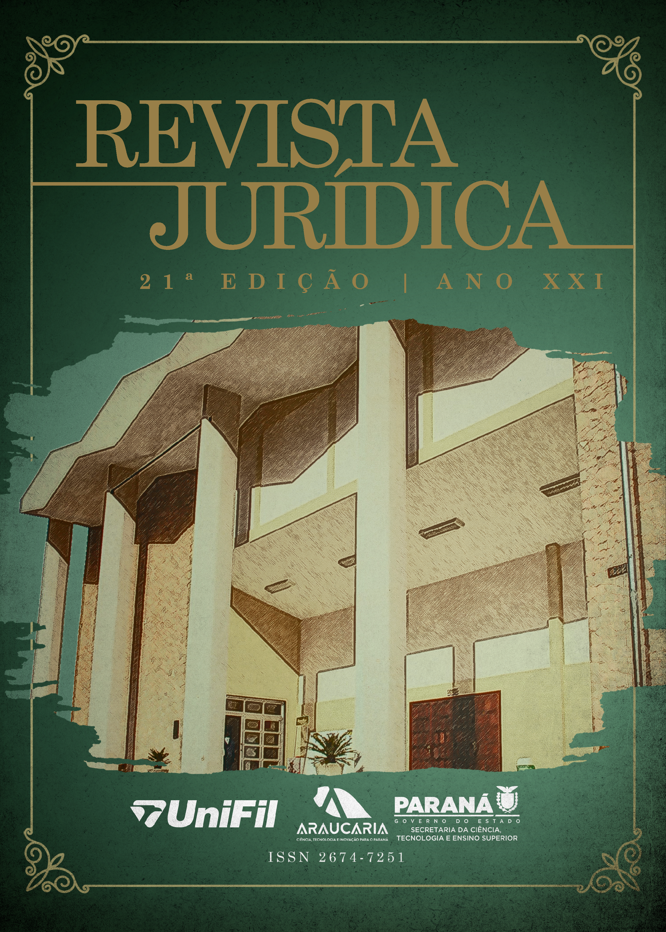Escravidão contemporânea na indústria têxtil brasileira: análise de precariedade do trabalho nas oficinas de costura
Resumo
O trabalho aborda o trabalho análogo à escravidão no Brasil e os mecanismos contemporâneos que perpetuam essa prática criminosa, mesmo após mais de um século da abolição formal da escravatura. O objetivo geral é analisar como fatores históricos, econômicos, jurídicos e sociais contribuem para a manutenção dessa forma de exploração, especialmente no setor têxtil, e discutir os instrumentos legais e institucionais disponíveis para enfrentá-la (espectros de responsabilização). A metodologia dedutiva adotada inclui revisão bibliográfica, análise de normas e de dados estatísticos, além de estudo de casos envolvendo grandes marcas e cadeias produtivas terceirizadas. Constatou-se que a precarização das relações de trabalho, a terceirização irrestrita e a fragmentação das cadeias produtivas são elementos determinantes para o surgimento de condições de trabalho degradantes.






